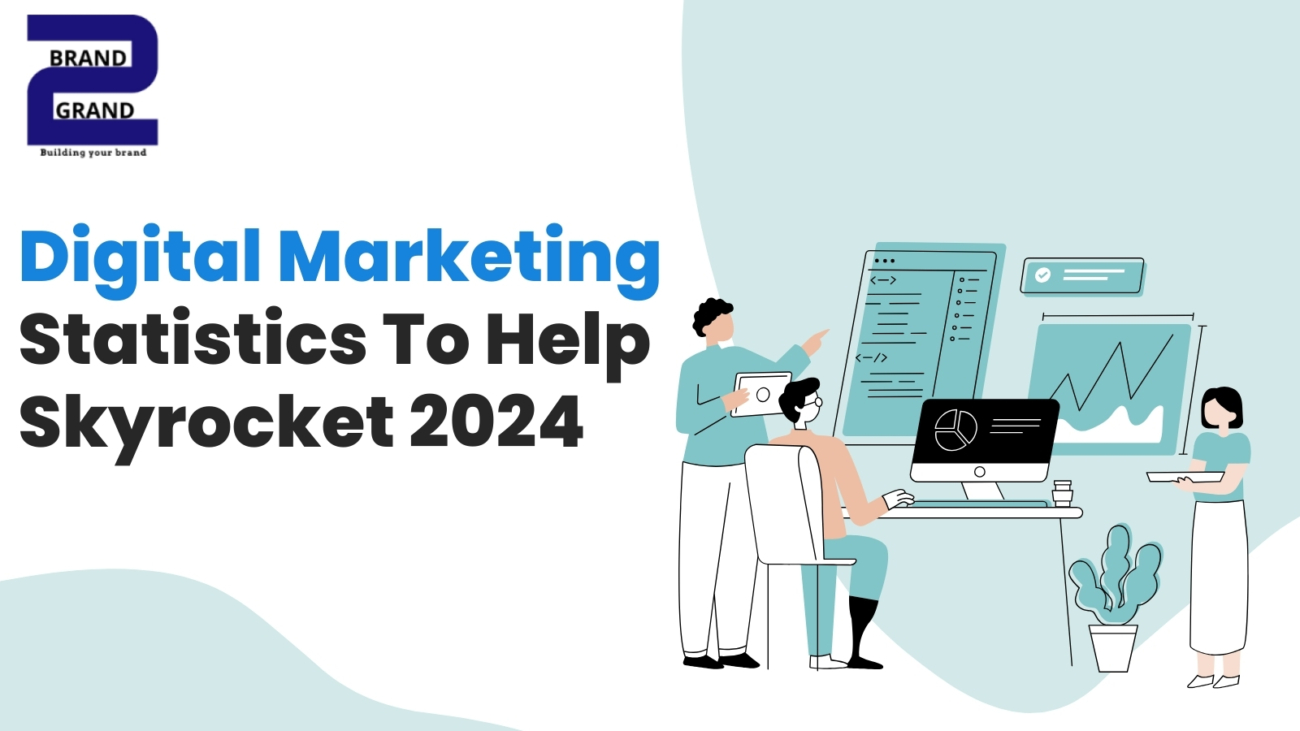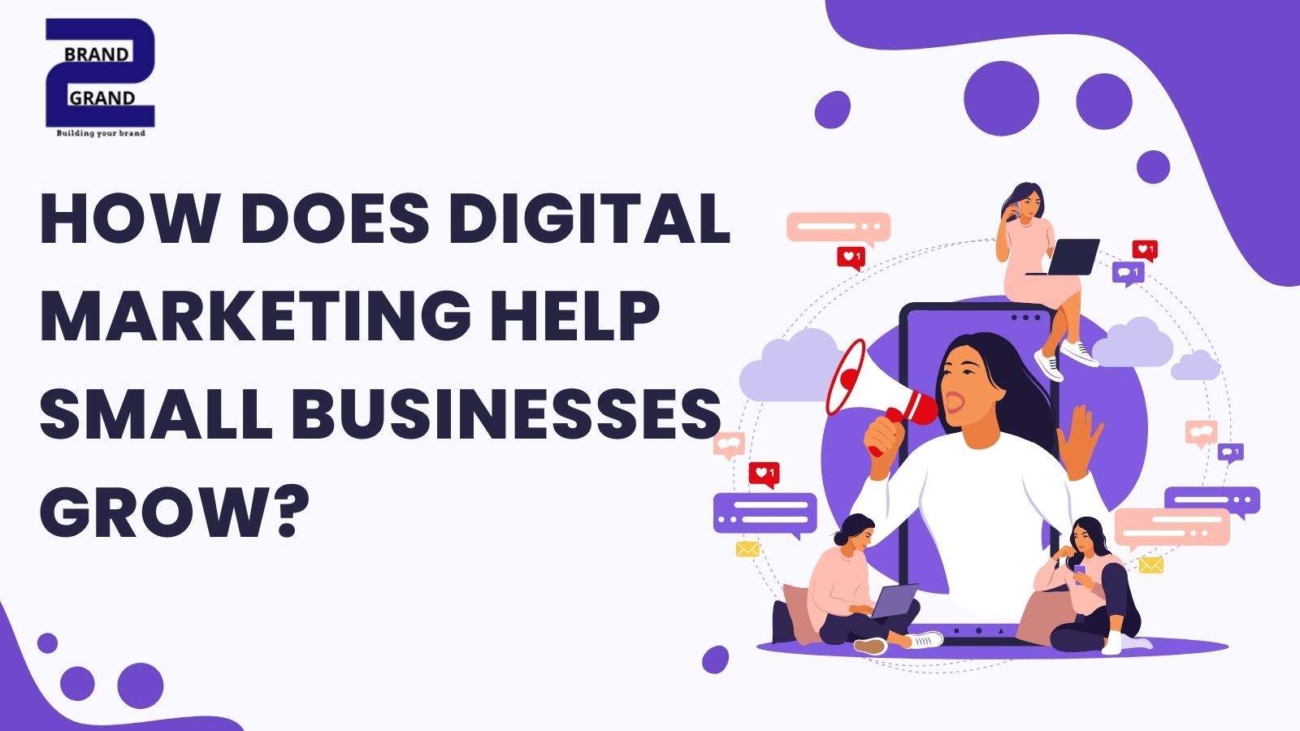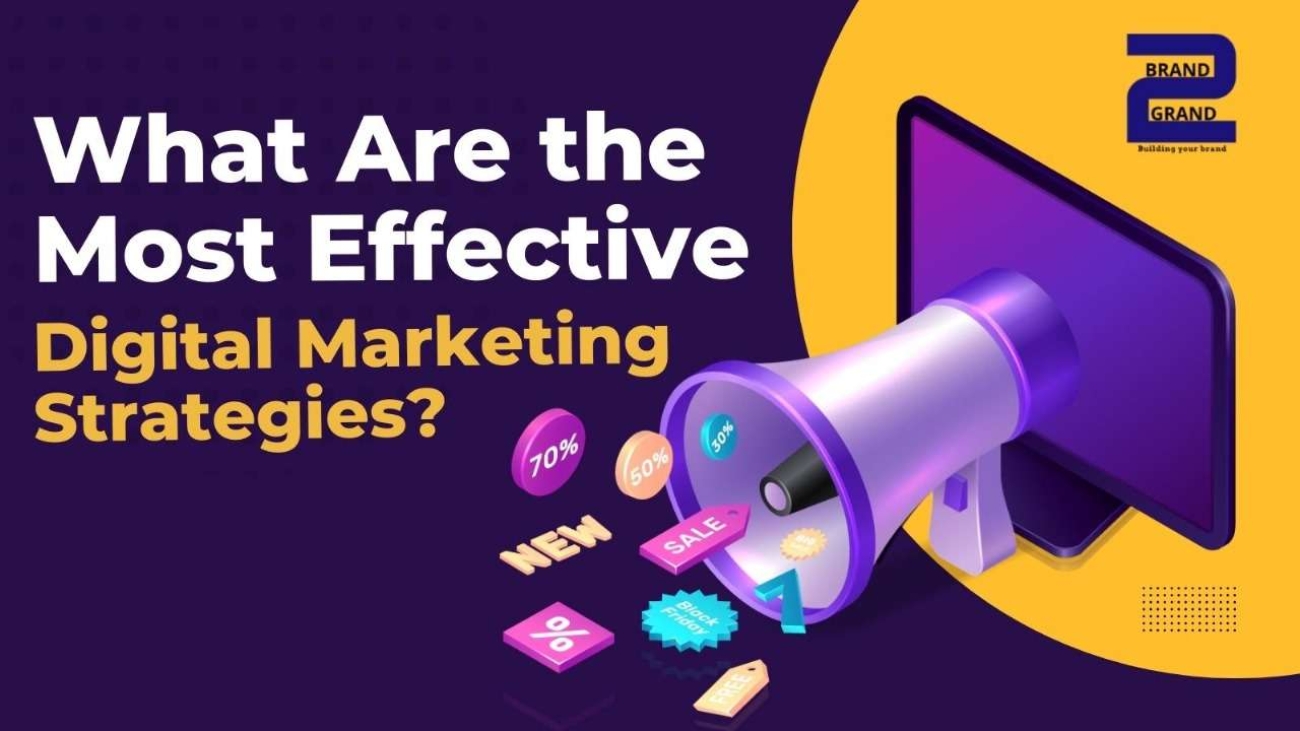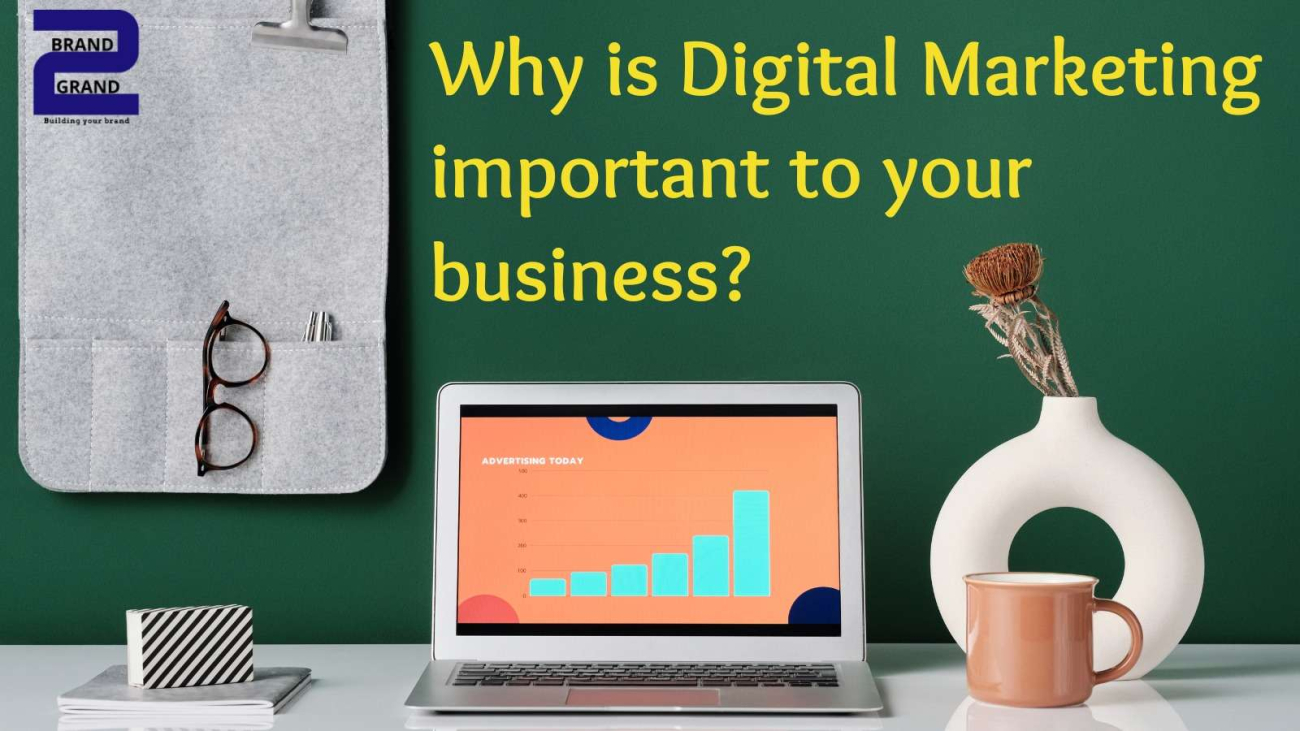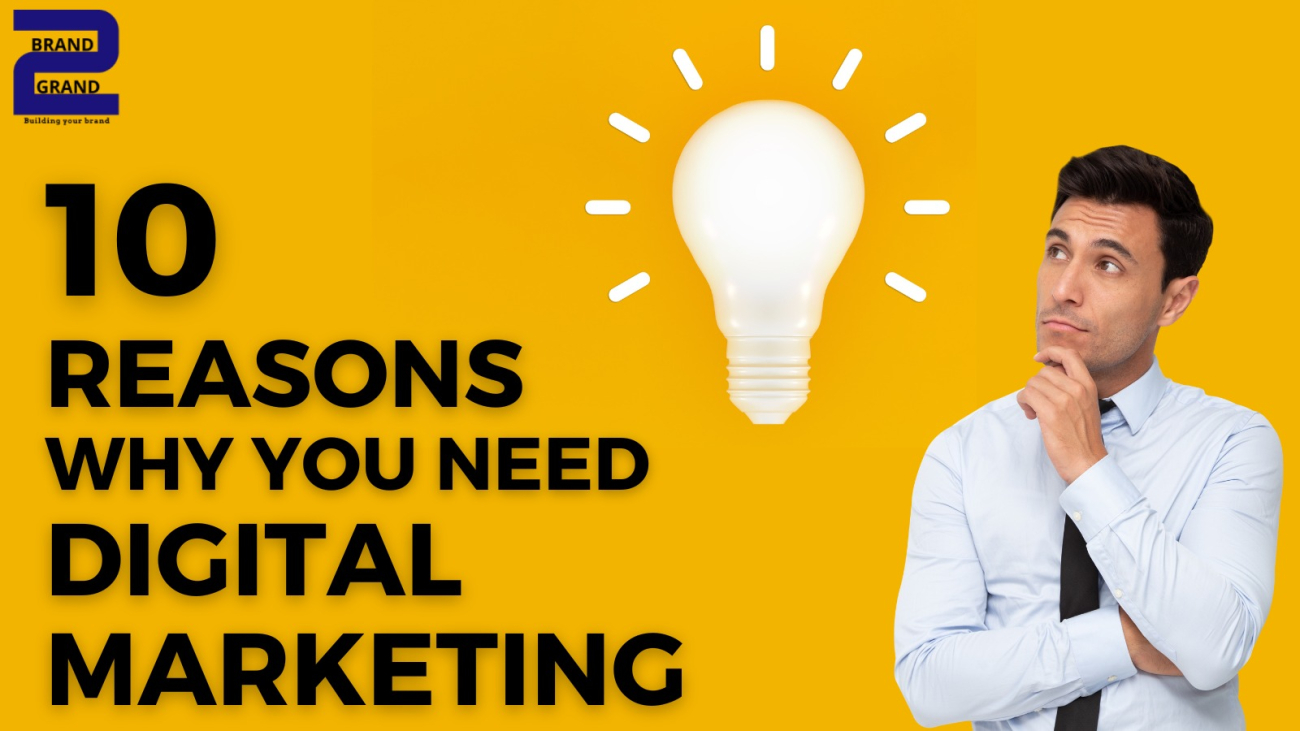While I don’t have real-time data as my training only includes information up until January 2022, I can provide you with some general digital marketing trends and statistics that were relevant at that time. Keep in mind that for the most accurate and up-to-date information, you should refer to the latest industry reports and reputable sources in 2024. Here are some trends and statistics that were pertinent to digital marketing as of 2022:
1. Video Marketing Dominance:-
Video content was on the rise, with platforms like YouTube, TikTok, and Instagram Reels gaining popularity. Businesses were increasingly leveraging video content in their marketing strategies.
2. Rise of Influencer Marketing:-
Influencer marketing continued to be a powerful strategy, with businesses collaborating with influencers to reach their target audiences authentically.
3. Mobile-First Approach:-
The majority of online users were accessing content via mobile devices. As a result, a mobile-first approach in website design and marketing strategies became crucial.
4. Voice Search Optimization:-
With the increasing use of voice-activated devices like smart speakers and virtual assistants, optimizing content for voice search became important for digital marketers.
5. AI and Chatbots:-
Artificial intelligence (AI) and chatbots were being increasingly integrated into digital marketing strategies to enhance customer interactions, personalize content, and streamline communication.
6. Personalization and Customer Experience:-
Personalized marketing experiences were gaining traction, with businesses using data to tailor content and offers to individual preferences.
7. Ephemeral Content:-
The popularity of ephemeral content on platforms like Instagram Stories and Snapchat showcased the importance of creating temporary, engaging content for audience interaction.
8. Interactive Content:-
Interactive content, such as polls, quizzes, and interactive videos, gained popularity for boosting user engagement and providing a more immersive experience.
9. SEO and SERP Features:-
Google’s search engine results pages (SERPs) continued to evolve, with features like featured snippets, knowledge panels, and video carousels impacting SEO strategies.
10. Social Commerce Growth:-
Social media platforms were increasingly becoming e-commerce hubs, with features like shoppable posts and in-app purchasing gaining prominence.
11. Data Privacy Concerns:-
With growing concerns about data privacy, digital marketers were adapting to new regulations and consumer expectations, emphasizing transparency and ethical data practices.
12. Remote Work Impact:-
The shift to remote work influenced digital marketing strategies, with an increased focus on digital channels for communication, collaboration, and customer engagement.
Keep in mind that the digital marketing landscape is dynamic, and trends can change rapidly. Stay updated with the latest industry reports, attend webinars and conferences, and follow reputable marketing blogs to stay informed about the most recent statistics and trends in 2024.
How does digital marketing help small businesses grow
Digital marketing can be a powerful tool for small businesses looking to grow and succeed in today’s digital age. Here are several ways in which digital marketing can benefit small businesses:
1. Cost-Effective:- Digital marketing is often more cost-effective than traditional marketing methods. Small businesses with limited budgets can reach a broader audience through online channels like social media, email marketing, and search engine optimization (SEO) without the high costs associated with print or TV advertising.
2. Targeted Audience:- Digital marketing allows businesses to target specific demographics and interests, ensuring that their message reaches the most relevant audience. This targeted approach increases the likelihood of conversion and customer engagement.
3. Online Visibility:- Having a strong online presence is crucial in today’s digital landscape. Digital marketing helps businesses establish and maintain their online visibility, making it easier for potential customers to find them through search engines, social media, and other online platforms.
4. Measurable Results:- Unlike traditional marketing, digital marketing provides detailed analytics and performance metrics. Small businesses can track the effectiveness of their campaigns in real-time, allowing them to make data-driven decisions and optimize their strategies.
5. Increased Customer Engagement:- Social media and email marketing enable direct interaction with customers. Small businesses can build relationships, gather feedback, and provide excellent customer service through these channels.
6. Global Reach:- Small businesses can reach a global audience, breaking geographical boundaries and expanding their customer base. This is especially beneficial for businesses looking to grow beyond their local market.
7. Content Marketing:- Creating valuable and relevant content is an essential part of digital marketing. Small businesses can use content to position themselves as industry experts, attract and engage customers, and build trust with their audience.
8. Competitive Advantage:- Digital marketing levels the playing field for small businesses, allowing them to compete with larger corporations. A well-executed digital strategy can help small businesses differentiate themselves in the market.
9. Flexibility:- Digital marketing strategies can be adapted and changed quickly to respond to market trends or adjust to shifting business needs. This agility is essential for small businesses looking to stay competitive.
10. Online Sales:- E-commerce and online marketplaces provide opportunities for small businesses to sell their products and services directly to customers, expanding their revenue streams.
11. Improved ROI:- With the ability to track and analyze campaign performance, small businesses can make data-driven decisions to maximize their return on investment (ROI).
To make the most of digital marketing, small businesses should carefully plan their strategies, understand their target audience, and stay updated with the latest digital marketing trends and technologies. Whether it’s through social media marketing, SEO, email campaigns, or paid advertising, a well-executed digital marketing plan can significantly contribute to a small business’s growth and success.
What Are the Most Effective Digital Marketing Strategies?
Effective digital marketing strategies can vary depending on your business, industry, and target audience. However, several strategies have consistently proven to be effective in reaching and engaging with online audiences.
Here are some of the most effective digital marketing strategies:
1. Content Marketing:-
Creating high-quality, relevant, and valuable content is at the core of digital marketing. Content can take various forms, including blog posts, videos, infographics, and eBooks. Sharing informative and engaging content helps establish authority, build trust, and attract organic traffic.
2. Search Engine Optimization (SEO):-
SEO involves optimizing your website and content to rank higher in search engine results. By improving your website’s visibility on search engines like Google, you can attract more organic traffic. Effective SEO includes keyword research, on-page optimization, and building high-quality backlinks.
3. Social Media Marketing:-
Leveraging social media platforms like Facebook, Instagram, Twitter, and LinkedIn can help you connect with your audience, build brand awareness, and drive website traffic. It’s important to tailor your content and strategies to the specific platform and audience you’re targeting.
4. Email Marketing:-
Email marketing remains a highly effective strategy for nurturing leads, retaining customers, and driving sales. Segment your email list and personalize your messages to provide value and engage your subscribers.
5. Pay-Per-Click (PPC) Advertising:-
PPC advertising, such as Google Ads and social media ads, allows you to reach a highly targeted audience. You only pay when someone clicks on your ad, making it a cost-effective way to drive traffic and conversions.
6. Influencer Marketing:-
Collaborating with influencers in your industry or niche can help you tap into their established audiences. Influencers can promote your products or services to their followers, providing social proof and driving sales.
7. Video Marketing:-
Video content is increasingly popular and can be used across various platforms, including YouTube, social media, and your website. Videos can convey complex information in an engaging way and boost conversions.
8. Chatbots and AI-Powered Customer Service:-
Implementing chatbots and AI-powered customer service can enhance user experience by providing instant responses to common inquiries and automating tasks. This improves customer satisfaction and can lead to increased sales.
9. Data Analytics and Performance Tracking:-
Continuous monitoring and analysis of your digital marketing efforts are crucial. Tools like Google Analytics can provide insights into website traffic, user behavior, and conversion rates. Use this data to refine your strategies over time.
10. Mobile Optimization:-
With the increasing use of mobile devices, it’s essential to ensure that your website and digital content are mobile-friendly. Mobile optimization not only improves user experience but also helps with SEO rankings.
11. Remarketing and Retargeting:-
These strategies involve targeting users who have previously visited your website or interacted with your brand but didn’t convert. Remarketing and retargeting campaigns can bring back potential customers and encourage them to complete a desired action.
12. Local SEO and Google My Business:-
For businesses with physical locations, optimizing for local search is crucial. Claiming and optimizing your Google My Business listing can help your business appear in local search results and on Google Maps. The most effective digital marketing strategies will depend on your specific goals, target audience, and industry. A well-rounded approach that combines several of these strategies and adapts to changes in technology and consumer behavior is often the most successful. Additionally, regularly testing and measuring the effectiveness of your strategies is essential for ongoing improvement.
Why is digital marketing important to your business
In today’s dynamic business landscape, digital marketing has become an indispensable tool for businesses. This blog post aims to explore and highlight the importance of digital marketing in driving business growth and success. We will define digital marketing, underscore its significance in the modern business landscape, and provide an overview of the blog post’s structure.
I. Increased Online Visibility
With the shift towards online consumer behavior, establishing a strong online presence is crucial. We will delve into how digital marketing helps businesses increase their online visibility, enabling them to reach a wider audience and foster brand recognition. Real-life examples of successful online visibility through digital marketing efforts will highlight the potential for growth and success.
II. Targeted Audience Reach
One of the key advantages of digital marketing is its ability to reach specific target audiences. We will explore how businesses can tailor their marketing messages to resonate with the intended audience, resulting in higher engagement and conversions. Case studies will demonstrate the effectiveness of targeted digital marketing campaigns in driving desired actions from the target audience.
III. Cost-Effectiveness
Digital marketing offers a cost-effective alternative to traditional marketing methods. We will compare the costs of digital marketing to traditional marketing, showcasing the potential for maximizing return on investment (ROI) through digital marketing strategies. Real-life examples of cost-effective digital marketing campaigns will illustrate how businesses can achieve remarkable results within budget constraints.
IV. Measurable Results and Analytics
Digital marketing provides businesses with valuable data and analytics. We will explore the importance of tracking and measuring the success of marketing campaigns, enabling businesses to make data-driven decisions and optimize their marketing efforts. Furthermore, we will emphasize how data-driven insights inform future marketing strategies, leading to continual improvement and growth.
V. Enhanced Customer Engagement
Digital marketing allows businesses to create personalized experiences that engage customers on a deeper level. We will explore the use of interactive content, tailored messaging, and personalized campaigns that resonate with the target audience. Case studies will demonstrate how effective customer engagement through digital marketing efforts leads to improved customer retention and loyalty.
VI. Improved Customer Targeting
Digital marketing empowers businesses to collect valuable customer data for targeted marketing efforts. We will discuss the importance of understanding customer preferences, behaviors, and buying patterns through digital marketing strategies. By applying these insights, businesses can refine their marketing strategies and optimize customer targeting for better results.
VII. Adaptability to Changing Trends
The digital landscape is dynamic, constantly evolving with emerging trends and technologies. We will explore how digital marketing enables businesses to adapt and stay ahead of the competition. We will discuss the importance of agility and proactive strategies in embracing new trends and technologies, showcasing the potential for continuous growth and success.
VIII. Brand Building and Reputation Management
Digital marketing plays a crucial role in establishing a strong online brand presence. We will discuss how businesses can effectively manage and enhance their brand reputation in the digital space. We will explore the utilization of social media and content marketing to build brand authority and foster trust among the target audience.
IX. Enhanced Business Growth and Success
Digital marketing has a significant impact on business growth and success. We will emphasize how digital marketing strategies contribute to expanding customer reach, increasing conversions, and ultimately driving business growth. Case studies will showcase how businesses have achieved remarkable results through effective digital marketing campaigns.
X. Conclusion
In conclusion, digital marketing is vital to the success of businesses in the digital age. By harnessing the power of digital marketing, businesses can increase their online visibility, reach their target audience more effectively, achieve cost-effective results, and build long-term customer relationships. We encourage businesses to prioritize digital marketing strategies and leverage its immense potential for growth and success. As the digital landscape continues to evolve, businesses must adapt and embrace digital marketing to remain competitive and thrive in the future.
10 Clear Reasons Why You Need Digital Marketing?
In today’s modern business landscape, digital marketing has become an essential tool for businesses of all sizes. This blog post aims to explore and highlight ten clear reasons why digital marketing is crucial for business success. We will define digital marketing, discuss its significance in the current business landscape, and provide an overview of the blog post’s structure.
I. Reach a Global Audience
Digital marketing provides businesses with an unprecedented opportunity to reach a global audience. We will explore the vast reach and accessibility of digital marketing channels, breaking down geographical barriers and allowing businesses to expand their customer base beyond traditional boundaries. Case studies of successful global digital marketing campaigns will further emphasize the immense potential of reaching a global audience through digital marketing strategies.
II. Targeted Marketing
One of the key advantages of digital marketing is its ability to target specific demographics, interests, and behaviors. We will delve into how businesses can tailor their marketing messages to resonate with their intended audience, leading to higher engagement and conversions. Real-life examples of effective targeted digital marketing campaigns will showcase the power of segmentation and personalization.
III. Cost-Effectiveness
Comparing digital marketing to traditional marketing methods, we will outline the cost advantages that digital marketing offers. Businesses can optimize their return on investment (ROI) by utilizing cost-effective digital marketing strategies. We will present real-life examples of successful digital marketing campaigns that have provided significant results within budget constraints.
IV. Measurable Results and Analytics
Digital marketing provides businesses with access to valuable data and analytics. We will explore the importance of tracking and measuring the success of marketing campaigns, enabling businesses to make data-driven decisions and optimize their marketing efforts. Case studies and examples will illustrate how data-driven insights inform future marketing strategies and contribute to business growth.
V. Personalization and Customer Engagement
Digital marketing allows businesses to create personalized experiences for customers, fostering engagement and building strong relationships. We will explore the use of interactive content, tailored messaging, and personalized campaigns that resonate with the target audience. Case studies will demonstrate how personalization leads to improved customer retention and loyalty.
VI. Flexibility and Adaptability
Digital marketing offers flexibility and adaptability, allowing businesses to quickly adjust and optimize their campaigns based on real-time insights. We will discuss the importance of A/B testing, experimenting with different approaches, and staying ahead of trends and changes in the digital landscape. Business examples will showcase the benefits of being agile in digital marketing strategies.
VII. Integration with Traditional Marketing
Digital marketing seamlessly complements and enhances traditional marketing efforts. We will explore the synergy between online and offline marketing channels, demonstrating how businesses can create cohesive and impactful integrated marketing campaigns. Case studies will highlight successful examples of leveraging both digital and traditional marketing channels.
VIII. Brand Building and Reputation Management
Digital marketing plays a vital role in establishing a strong online presence, managing brand reputation, and building brand authority. We will discuss strategies for leveraging social media and content marketing to engage with audiences and enhance brand reputation. Real-life examples will showcase how businesses have successfully utilized digital marketing for effective brand building.
IX. Improved Customer Insights and Targeting
Digital marketing enables businesses to collect valuable customer data, leading to informed decision-making. We will explore the importance of understanding customer preferences, behaviors, and buying patterns through digital marketing efforts. Businesses can then apply these insights to refine marketing strategies, enhance customer experience, and drive business growth.
X. Conclusion
In conclusion, digital marketing is essential for businesses in the digital age. Through its ability to reach a global audience, target specific demographics, provide cost-effective solutions, measure results, personalize experiences, and adapt to changing trends, digital marketing empowers businesses to succeed in today’s competitive landscape. By integrating digital marketing with traditional methods, businesses can enhance brand building, reputation management, and customer insights. We encourage businesses to prioritize digital marketing and leverage its immense potential to drive growth and achieve long-term success.
As we look to the future, digital marketing will continue to evolve, offering new opportunities for businesses to connect with their target audience, build brand loyalty, and drive business results in an increasingly digital world.

